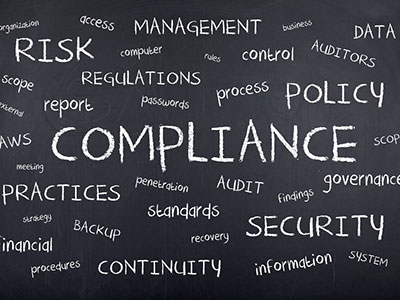On Monday, November 9, 2015, the Office of Compliance Inspections and Examinations (“OCIE”) of the U.S. Securities and Exchange Commission (“SEC”) released results from its evaluation of investment adviser firms’ use of third parties for compliance functions, including outsourced chief compliance officers (“CCO”). Outside CCOs often perform important compliance responsibilities, including updating firm policies and procedures, preparing regulatory filings, and conducting annual compliance reviews. Despite the importance of these functions, the Risk Alert (“Risk Alert” or “Alert”) indicated that several of the outsourced CCOs examined had not implemented effective compliance programs. The Alert, available here, sends a cautionary signal to investment adviser firms considering outsourcing compliance functions. This warning is particularly timely since government agencies, including the SEC, have increased their focus on financial firms’ compliance programs, and on CCOs in particular.
Investment Firms and Compliance Professionals Beware: SEC Finds Risks Associated with Outsourcing Compliance Function











